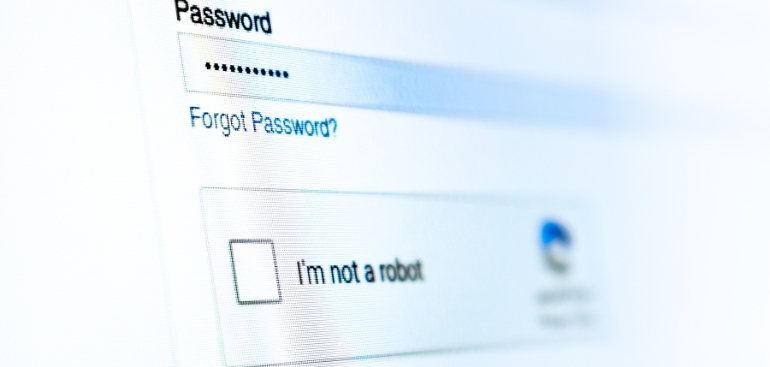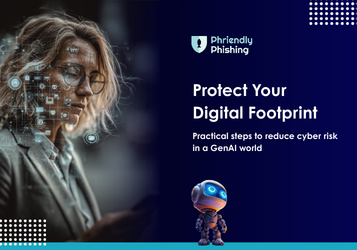You’ve seen a CAPTCHA before — those “I’m not a robot” checkboxes or image puzzles designed to block bots and allow real humans through, in fact CAPTCHA is an acronym for “Completely Automated Public Turing test to tell Computers and Humans Apart”. But what happens when cyber criminals turn this very tool against you?
While CAPTCHAs are a legitimate security measure, they’re now being used as a smokescreen in more sophisticated phishing scams. These types of attacks don’t just rely on fake emails anymore; they layer in social engineering and web-based tricks to lull victims into a false sense of security.
![]()
What Are Phishing Scams?
Phishing scams are fraudulent attempts to trick users into giving up sensitive information, such as login credentials, personal details, or payment info. These scams often arrive via email or text (But sometimes via phone call or social media) and can appear to come from trusted sources like banks, government agencies, popular service providers or even friends and family.
For example, you might receive an email that looks like it’s from your cloud storage provider saying your account is full and needs verification. You click the link, enter your details – and just like that, your account is compromised.
![]()
Did you know that CAPTCHA could be a scam?
Cyber criminals have started adding CAPTCHAs to their phishing sites to make the scam look more credible. Here’s why that’s dangerous: when we see a CAPTCHA, we’re conditioned to think the site is secure or official. It feels like an extra layer of security — but in this case, it’s just a scam. It’s playing into an authority bias, which can influence your decision-making abilities, making you follow instructions without evaluating the request.
Example scenario:
You receive a message claiming there’s suspicious activity on your account and you’re asked to verify your identity. The link leads to a page with a CAPTCHA. After solving it, you’re taken to what looks like your usual login screen. You enter your details, but the site is a clone, and your credentials are now in the hands of attackers.
Sometimes, scammers also use CAPTCHA as a delay tactic. It gives them time to bypass automated security scans or tricks you into thinking you’re on a legitimate platform while malicious code loads in the background.
What You Can Do
- Always double-check the URL before entering any information to avoid phishing sites, and fake CAPTCHA.
- Don’t assume a CAPTCHA means a website is secure.
- Never paste commands from unknown sources into your terminal, CMD or Run applications, these actions can install malware.
- Keep your system and browser updated with the latest security patches to protect against vulnerabilities.
- Report suspicious messages or pop ups to your IT or security team.
CAPTCHA scams and phishing scams are evolving together. Awareness is your best defence, because while you’re solving those puzzles, scammers are figuring out how to reach you next. Check out latest course Safe Use of CAPTCHA

